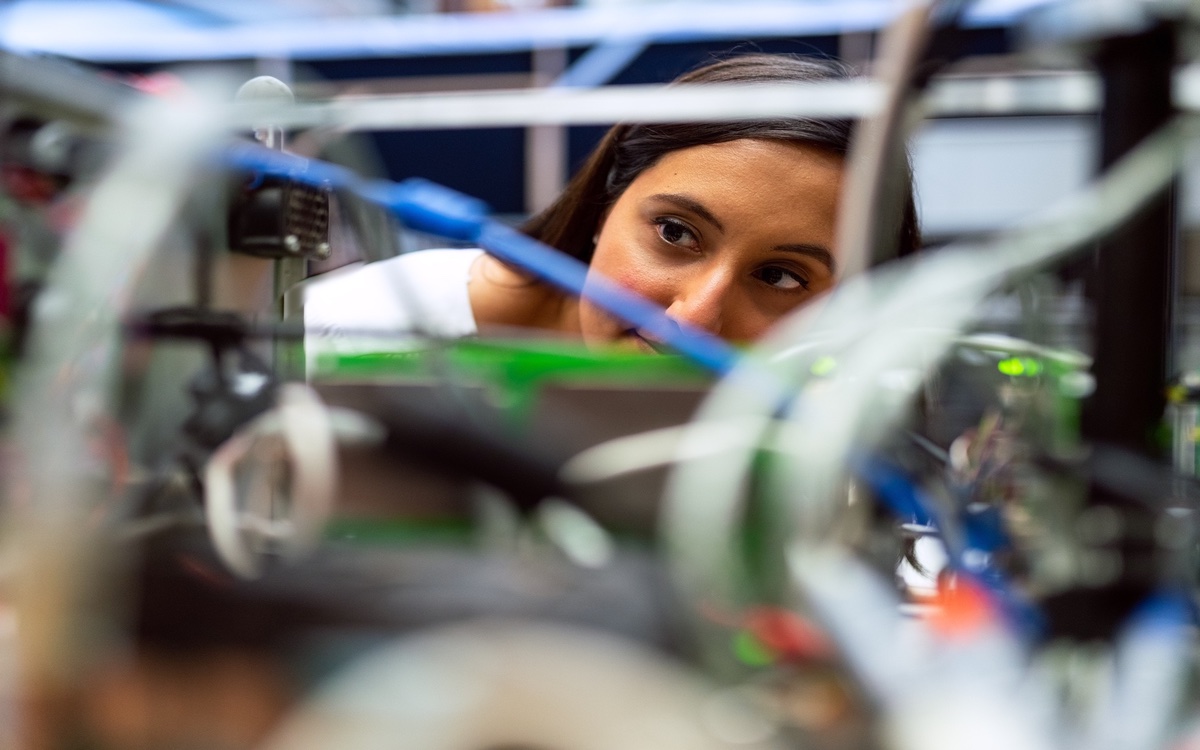
Project Details
- Consortium:
SBA Research gGmbH
FH Campus Wien, Master IT-Security
University of Vienna, Faulty of Computer Science, Cooperative Systems Research Group
Project Contact Information
-
Albert Rafetseder, University of Vienna
E-Mail
Abstract
With the increasing digitalization of society and almost all areas of life, the scope of action, the role and the responsibility of computer scientists as experts and designers of these developments are also changing. While new technologies in science and the media are increasingly subject to critical and ethical reflections, the role of engineers in this development has still not been dealt with in detail. The project iMentality aims to fill exactly this gap and to deal with current role models and engineer-mentalities in an interdisciplinary way. For this purpose, philosophical foundations of these developments as well as everyday practice in the teaching of computer science will be researched. The goal of the project is an interdisciplinary look at prevailing trends and role models in computer science.
Outcome Summary
The iMentality project took an interdisciplinary look at current role models and engineering mentalities and explored philosophical foundations as well as everyday practices in teaching computer science. The goal of the project was to take an interdisciplinary look at prevailing trends and role models in computer science.
The project produced the following substantive findings: iMentality is under-researched in philosophical and sociological works. Mostly, the focus of the literature is on the status of technical objects, the politics of technologies, and human-technology and technology-society relations. Technicians and their ways of thinking, on the other hand, are rarely the focus of the literature.
In the area of teaching and training, it has been shown that theoretical and sociological considerations in relation to iMentality receive little attention and that there is little focus on the training of the technicians themselves. iMentality-relevant studies are mainly carried out in the context of start-up culture and Silicon Valley, but not at universities or institutes.
The case study of IT security at the FHCW dealt with in the project, the interviews with students and lecturers conducted in the context of it, and the teaching documents consulted also show the difficulties of reflecting on role understandings and engineering ways of thinking in the context of a course of study: On the one hand, questions of social responsibility are perceived as not being answered by engineers themselves. On the other hand, there is only limited basic knowledge and vocabulary available to express and understand the relevant issues and to endure or productively use the resulting contradictions and complexities.
However, there is a great interest and desire among all respondents to address, discuss, and reflect on issues of responsibility, involvement, mindset, etc.